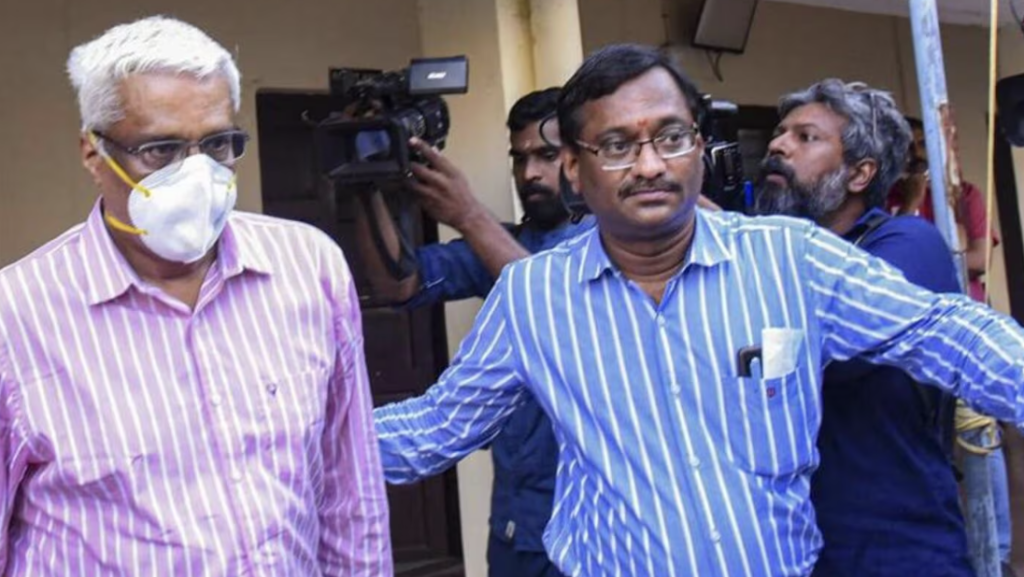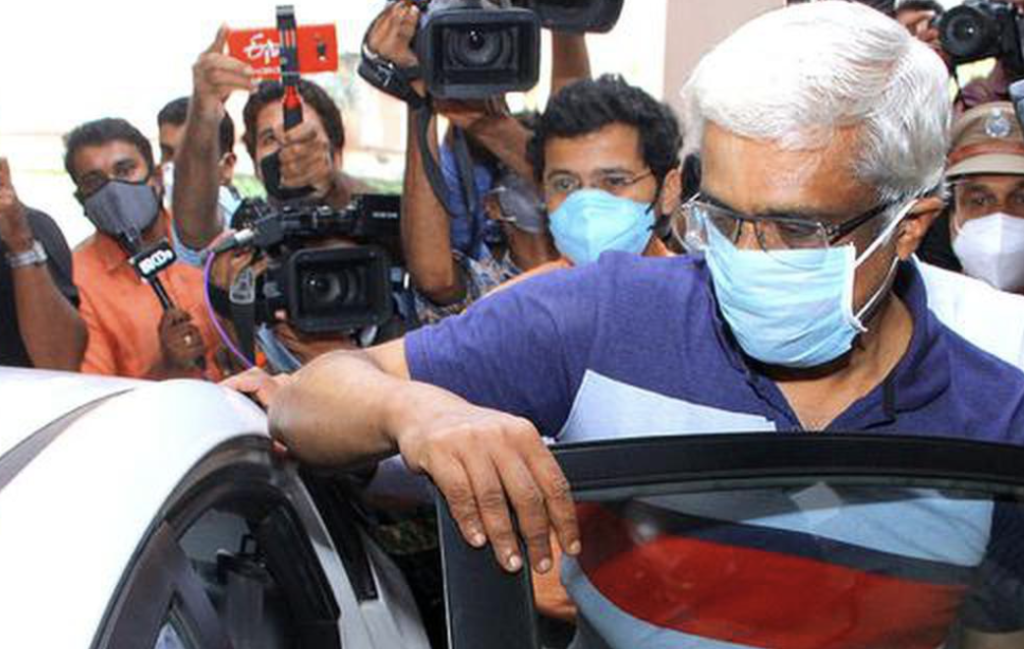
Life Mission Case: Supreme Court Issues Notice To ED On Bail Plea Of M Sivasankar, Former Principal Secretary To Kerala CM
On Monday the Supreme Court issued a notice in the special leave petition in the money laundering case in connection with the LIFE ((Livelihood, Inclusion and Financial Empowerment) Mission corruption case filed by M Sivasankar, former Principal Secretary to the Chief Minister of Kerala.
LIFE MISSION
LIFE (Livelihood, Inclusion, and Financial Empowerment) mission is a flagship program initiated by the Government of Kerala, India. The mission aims to provide comprehensive housing for all homeless and landless families in the state. It is part of the Pradhan Mantri Awas Yojana (PMAY) – Housing for All scheme, launched by the central government.

Under the LIFE mission, the government intends to construct affordable housing units for economically disadvantaged families. The program focuses on ensuring sustainable and liveable housing solutions, promoting social inclusion, and improving the quality of life for the beneficiaries. It also aims to provide access to basic amenities and infrastructure such as water supply, sanitation, and electricity.
The program targets various vulnerable groups, including the homeless, scheduled castes and tribes, economically weaker sections, and differently-abled individuals. It seeks to address the housing needs of these marginalised sections and uplift their living standards.
The LIFE mission represents the state government’s commitment to achieving sustainable and inclusive development, particularly in the housing sector. It aligns with the national goal of providing “Housing for All” and improving the overall well-being of the population.
NOTICE RETURNABLE BY MAY 17
The Bench of Justices V Ramasubramanian and Pankaj Mithal has issued a notice returnable by May 17 in the case of M Sivasankar. Sivasankar’s lawyer, Senior Advocate Jaideep Gupta, has requested an expedited posting date to deliberate on his plea for interim bail based on medical reasons. The plea seeks temporary release from custody due to health concerns.
The notice from the Bench indicates that the Supreme Court has acknowledged the request and will consider the matter. The court will review the plea and the accompanying medical grounds presented by Sivasankar’s lawyer before making a decision on the interim bail application.

CHALLENGING KERALA HIGH COURT’S ORDER
The special leave petition filed challenged the Kerala High Court’s order that rejected Sivasankar’s earlier bail application. Gupta informed the bench that the chargesheet in the case was filed after the High Court’s order, and he highlighted that the main accused, Swapna Suresh, is yet to be arrested by the Enforcement Directorate.
HIGH COURT’S OBSERVATION
In this case, Justice A Badharudeen of the Kerala High Court made notable observations regarding his potential to tamper with evidence and influence witnesses, despite not being considered a flight risk. Justice Badharudeen acknowledged that Sivasankar’s position as a former civil servant with power and influence could foreseeably lead to such actions. The judge’s observation suggests concerns about the integrity of the ongoing investigation and the need to prevent any interference or obstruction of justice.
By highlighting the possibility of evidence tampering and witness influence, Justice Badharudeen emphasised the importance of preserving the fairness and impartiality of the legal process. The judge’s remarks indicate the court’s cautious approach in assessing the bail application and ensuring the integrity of the case. Such considerations are crucial in cases involving public officials or individuals in positions of authority, as their actions can potentially impact the course of justice.

BACKGROUND OF MONEY LAUNDERING CASE
The money laundering case that M Sivasankar is involved in centres around allegations of illegal gratification being obtained in exchange for awarding a contract for the LIFE Mission’s project. The project aimed to construct 140 housing units in Thrissur district, Kerala, with the funds donated by the UAE Red Crescent. These funds were specifically intended to assist the flood victims in Kerala.
The case raises suspicions of financial impropriety and corruption in the allocation of contracts related to the housing project. It is alleged that illegal gratification was accepted by individuals involved in the project in exchange for favouritism or unlawful advantages during the contract award process







